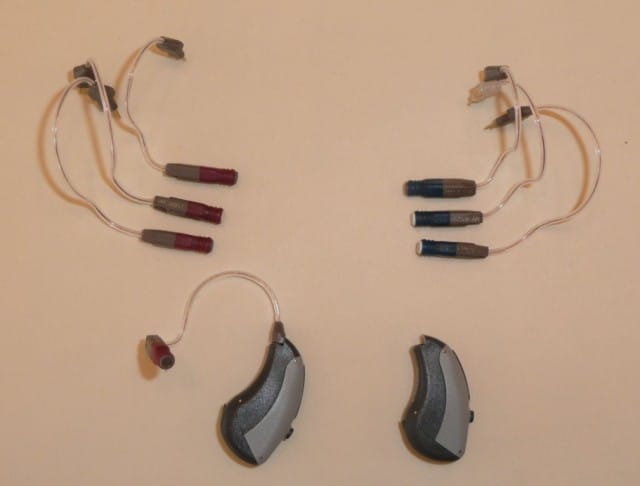Feb. 03, 2016
Commentary on “Effects of Low Pass Filtering on Ear Asymmetry in Dichotic Listening and Some Uncontrolled Error Sources” (Spreen and Boucher, 1970)
[gview file=”https://hearinghealthmatters.org/pathways/files/2016/02/Corrected-View-Article.pdf”] Comment: Though some aspects of this article we may not agree with— there is an interesting finding that may need reiterated in the current research world. Progressive filtering of the high frequency energy of dichotically presented words appears to compromise the right ear advantage (REA). The REA has been well recognized for many years. This filtering obviously would



